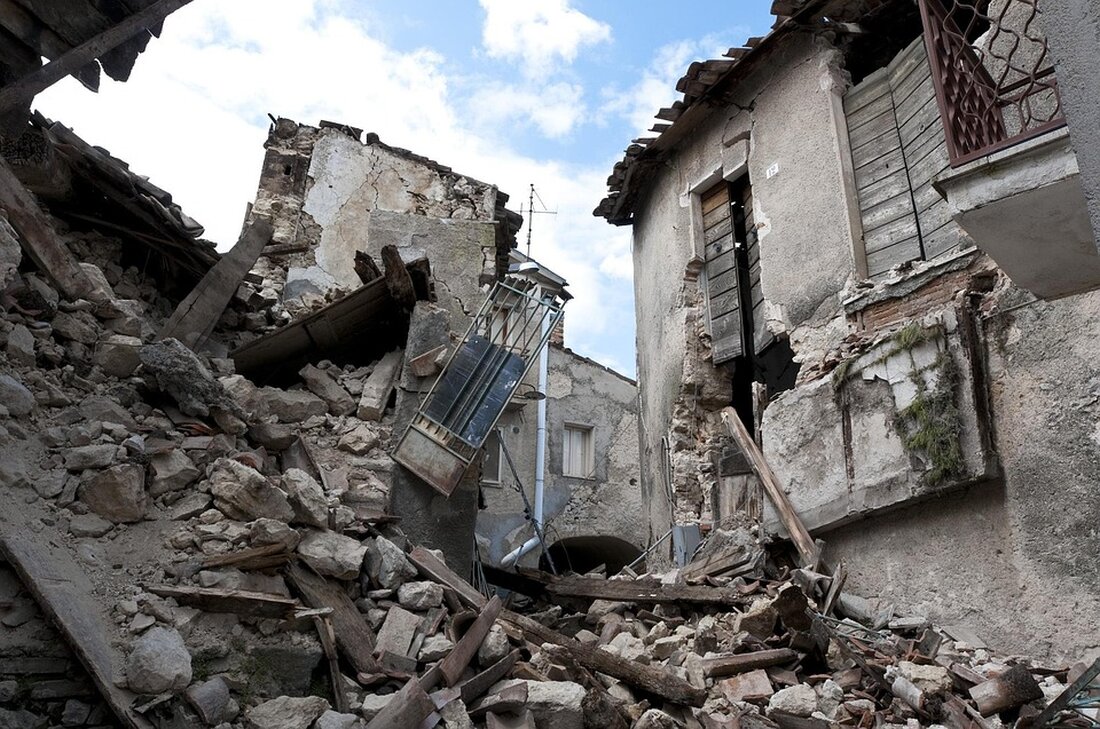Earthquake on Crete! Important update for travel to Greece
The Federal Foreign Office has updated the travel warning for Greece following the earthquake in Crete. Find out more now!

Earthquake on Crete! Important update for travel to Greece
The Federal Foreign Office has updated the travel advice for Greece due to a serious earthquake. On May 13 and 14, 2025, an earthquake measuring 6.1 on the Richter scale occurred, the epicenter of which was 22 kilometers from Crete. Holidaymakers in Greece, particularly on the islands of Kos and Rhodes, were affected as a tsunami warning was issued following the event. Despite these developments, travelers who have already booked a trip to Greece can go on their vacation; the updated advice does not constitute an official travel warning. Moz.de reports that tourists should therefore familiarize themselves with what to do during earthquakes, volcanic eruptions and tsunamis.
Particular attention should be paid to the selection of accommodation. The German Research Center for Geosciences recommends observing safety-relevant information sheets, with high-rise buildings with earthquake protection being preferred. Travelers should also be careful to stay in buildings that are not on narrow streets or next to poorly designed houses. In order to be informed in an emergency, the Federal Foreign Office recommends activating emergency notifications (cell broadcast) on your cell phone and signing up for the “Elefand” crisis preparedness list.
Advice for travelers
The Foreign Office has published further recommendations for travelers to Greece. This includes finding out about current entry regulations from authorities or tour operators and following the news and weather reports during your stay. The “Sicher Reisen” app and the Foreign Office newsletter can also provide useful information. Travelers should take out adequate travel health insurance and prepare for possible protests and demonstrations that may occur in Greece, which could result in violent clashes and traffic disruptions. Auswaertiges-Amt.de also points out the high number of pickpockets during the travel season, especially in large cities such as Athens, Thessaloniki and Piraeus.
In addition to general safety, the risks of earthquakes and volcanic activity are highlighted. Travelers should familiarize themselves with the rules of conduct for such situations. The risk of forest fires can increase, especially in summer, and extreme heat waves with temperatures over 40 degrees Celsius cannot be ruled out, which poses risks, especially for vulnerable groups.
Important information about traffic and health
The transport network in Greece is well developed, but special caution is recommended when driving quad vehicles. The alcohol limit is 0.5; There is an absolute ban on alcohol for novice drivers and professional drivers. High fines are levied for traffic offenses. Additionally, travelers should be careful where they park their tent or RV as this may be prohibited in certain locations.
Although no compulsory vaccinations are required in the health sector, standard vaccinations should always be kept up to date. The infrastructure in Greece is good when it comes to medical care, but there may be restrictions on the islands. It is also recommended to find out about the risk of West Nile fever and TBE in certain regions and to take appropriate protective measures.
In summary, travelers should prepare well for their stay in Greece and carefully follow the current advice from the Federal Foreign Office to ensure their safety and health during their stay.

 Suche
Suche
 Mein Konto
Mein Konto